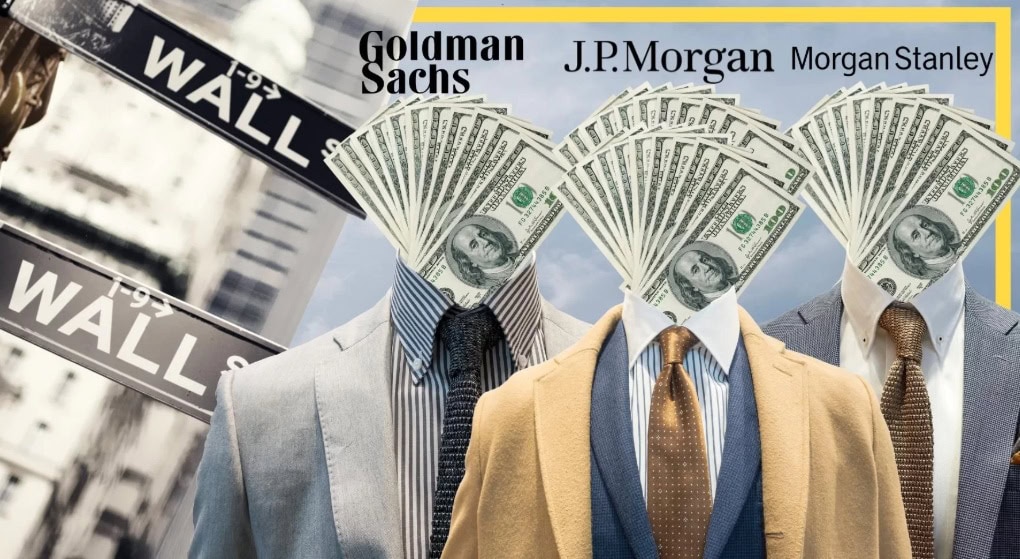Stephanie Gibaud was once a high-flyer in public relations. Having worked for a range of prestigious employers, such as the American Embassy in Paris and a number of Middle Eastern investors, she secured employment with UBS. The Swiss bank is the global leader for asset management. Her role was in the Paris office, organising glamorous events for high net-worth individuals, helping the bank to retain existing clients and attract new ones. Stephanie was widely considered to be an excellent employee. But then she became a whistle-blower, and her life changed forever.
Stephanie told DisruptionBanking that in June 2008, one of her managers asked her to destroy computer files relating to customers who had offshore accounts in Switzerland. This was in the aftermath of a 2007 scandal, when American banker Bradley Birkenfeld disclosed client information to the US Department of Justice that suggested the bank was facilitating tax evasion – ultimately leading to a fine of $780 million.
Switzerland’s attempts at shedding its reputation as the global banking centre of choice for oligarchs, corrupt government officials and drug smugglers have been dealt a blow by the leak of documents detailing the accounts of 30,000 Credit Suisse clients https://t.co/yQRXjp0oxf
— Financial Times (@FinancialTimes) February 22, 2022
In Stephanie’s words, “the top management” responded to this by “reorganising the whole bank […] many colleagues were asked to delete their files, and empty their desks and cupboards.” Stephanie was the only employee “who never complied with the requests.” She was worried about the potential illegality of this task, and deemed it to be professionally unconscionable. Though the manager tried to exert enormous pressure on her, she wouldn’t commit her verbal order to writing – so Stephanie simply ignored it.
Following this incident, Stephanie communicated what had happened to UBS management, and to the French regulators. UBS responded by trying to fire her as part of a mass redundancy of one hundred employees, during the fall-out of the 2008 financial crisis. However, the French Ministry of Work refused the redundancy because Stephanie was “an elected member of the employees.”
Consequently, UBS took the extraordinary step of suing Stephanie for defamation while she remained an employee. While the bank lost the case and have never sought to appeal it, Stephanie said she spent “three years in the bank suffering depression, isolation, and discrimination” until UBS successfully made her redundant in 2012.
During this period and after, Stephanie has received very little support from the French authorities. Despite UBS losing their case, and Stephanie’s disclosures leading to the bank receiving a record fine of 4.5 billion euros in 2019, Stephanie has been financially ruined by the whole affair.
“I was proactive. I always did what I could to help my country,” Stephanie Gibaud told judges in Paris. “This case robbed me of my entire life. I haven’t been able to work since my firing in 2012.” https://t.co/rhKJofaAtM pic.twitter.com/ZTHVw70f8D
— Bloomberg Tax (@tax) June 28, 2022
Stephanie told DisruptionBanking that the effects have been “devastating.” Fired by UBS, and shunned by the wider industry, she has had to pay all her own legal fees with no state support. UBS, with infinite capital available and a team of in-house lawyers, sued her for defamation and were able to keep the case going for years to exert maximum pressure. Eventually, at great financial and emotional cost, she won. “But do you know what the compensation for defamation is in France? Zero. The court just says, “you were right, you didn’t defame anybody, and that you were absolutely harassed by this bank.” But you get nothing.”
How can this be? In the United States, there are powerful financial incentives in place for whistle-blowers to come forward. They tend to be rewarded with a significant chunk of the fine levied by the regulator. The idea is both to encourage people to expose illegal behaviour, and to shield them from the financial repercussions of becoming a whistle-blower. The Commodity Futures Trading Commission (CFTC) recently awarded an anonymous whistle-blower around $200 million for coming forward with information about Deutsche Bank’s manipulation of the LIBOR benchmark.
A former Deutsche Bank employee, who raised concerns about the manipulation of the Libor interest rate benchmark, has been awarded almost $200 million, marking the largest-ever payment under US whistleblower programmes: https://t.co/zGvTG1SO1r pic.twitter.com/42xxM4A3eG
— Financial Times (@FinancialTimes) October 22, 2021
Stephanie’s cooperation with the authorities helped uncover around 9.6 billion euros of taxpayers’ money that had been stashed away in UBS’ Swiss bank accounts. In light of this, and in light of the impact this has had on her career, she requested compensation totalling 3.5 million euros. The judge gave her just 4,500 euros. “I couldn’t even begin to pay my legal fees with this,” Stephanie said.
France has long been reluctant to reward whistle-blowers in the same way as the US and other jurisdictions. But now, a European directive has brought in new guidelines as to how European countries should recognise and treat whistle-blowers. Stephanie is currently battling in the French courts to become the first legally-recognised whistle-blower, which could pave the way for greater protection – and compensation.
On Friday, a court in Paris ordered the Ministry of Finance to review their decision not to pay Stephanie any compensation. A step in the right direction, for sure, as she battles to be legally recognised for her disclosures and obtain the compensation she believes she is owed and deserves.
Author: Harry Clynch
#UBS #TaxEvasion #WhistleBlowers #France #Switzerland #EU















